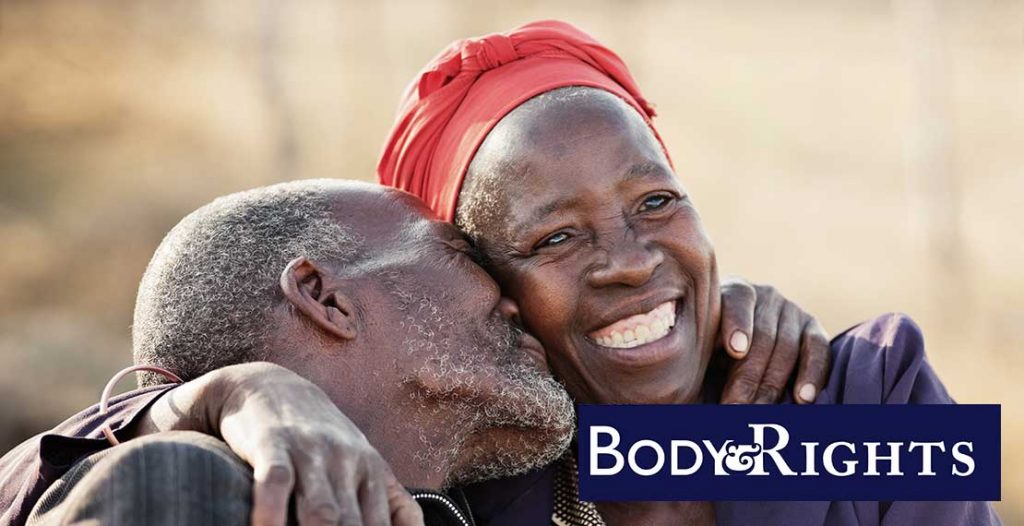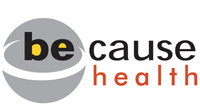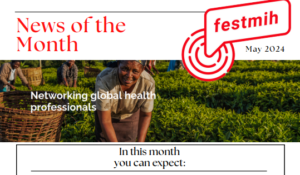
Belgian Deputy Prime Minister Alexander De Croo launches unique e-tutorial on sexual and reproductive health and rights.
On the eve of the international conference She Decides in Brussels, Deputy Prime Minister and Minister for Development Cooperation Alexander De Croo launched Body & Rights, a bilingual (French/Dutch) website with an e-tutorial on sexual and reproductive health and rights (SRHR).
Body & Rights has been developed by Sensoa the expertise centre for sexual health and member association of IPPF in Belgium and commissioned by the Institute of Tropical Medicine and Be-cause Health, the Belgian platform for international health. The free tool is aimed primarily at Belgian diplomats and everyone else active in Belgian development cooperation, but is also freely accessible to everyone who is interested in the topics.
The e-tutorial covers a wide range of topics in the field of sexual and reproductive rights and health: safe motherhood, sexual violence, child marriage, female genital mutilation, HIV, sexually transmitted infections, family planning and sexual rights. Through interactive video modules followed by multiple choice questions on Body & Rights, everyone can quickly develop their knowledge on these themes.
Announcing his support for the initiative, Alexander De Croo said: “This tool contributes to one of my major policy priorities: promoting sexual and reproductive health and rights. Thanks to Body & Rights, stakeholders in Belgian development cooperation and Belgian foreign policy can now learn online about SRHR. This is important because it will better equip them to address these topics in development programs in the field.”
Tomorrow, Alexander De Croo will host the International Conference ‘She Decides’. Co-organized with the Netherlands, Denmark and Sweden, this advocacy and funding initiative will send a strong political signal highlighting the rights of women and girls, and particularly their sexual and reproductive health and rights. Like-minded countries, NGOs and international organizations will express their support to organizations working on SRHR.
E-TUTORIAL, FOR WHOM AND WHY?
What are the societal benefits of voluntary access to family planning? How do you address the rights of LGBT people in countries where sexual minorities are criminalized? Why is female genital mutilation so widespread? By following the e-tutorial Body & Rights, you will find answers to these and dozens of other questions.
The freely accessible e-tutorial has been developed for diplomats, employees of the Federal Public Service Foreign Affairs, Trade and Development, the Belgian development agency, NGOs and other actors active in development cooperation and foreign policy. However, the site is interesting for anyone who wants to learn about sexual and reproductive health and rights worldwide.
7 MODULES AND 34 PRESENTATION VIDEOS
Body & Rights consists of seven modules, each lasting 20 minutes to half an hour. Each module covers one overarching theme. On the basis of presentation videos (in Dutch and French) the e-tutorial gives an overview of different aspects of SRHR. Photos, videos and infographics illustrate the learning content and results in a visually appealing tool. The presentations are followed by multiple-choice questions encouraging interaction with the learner.
ACCESSIBLE AND USER-FRIENDLY TOOL
During the development of the website, the experience of the learner was a main priority. The result is a user-friendly, intuitive and graphically appealing tool with an easy learning path. Thanks to the user interface learners intuitively find their way into the tool. Users follow the modules when and where they want on a PC, tablet or smartphone. At any time the user can decide to interrupt the e-tutorial and start later again; a timeline keeps track of the progress of the user.
CERTIFIED EXPERT
In addition to videos which were specially developed for the project, videos from UN agencies, the International Planned Parenthood Federation (IPPF) and other international NGOs were integrated in the tool. Anyone who follows the full e-tutorial will receive a certificate that is supported by Sensoa, the Institute of Tropical Medicine, Be-Cause Health and the Belgian development cooperation.
The project was supervised by an external steering committee with representatives from the Federal Public Service Foreign Affairs, Trade and Development, the Belgian Development Agency, the Be-cause Health Network, the Institute of Tropical Medicine, ICRH / Ghent University and Sensoa.



